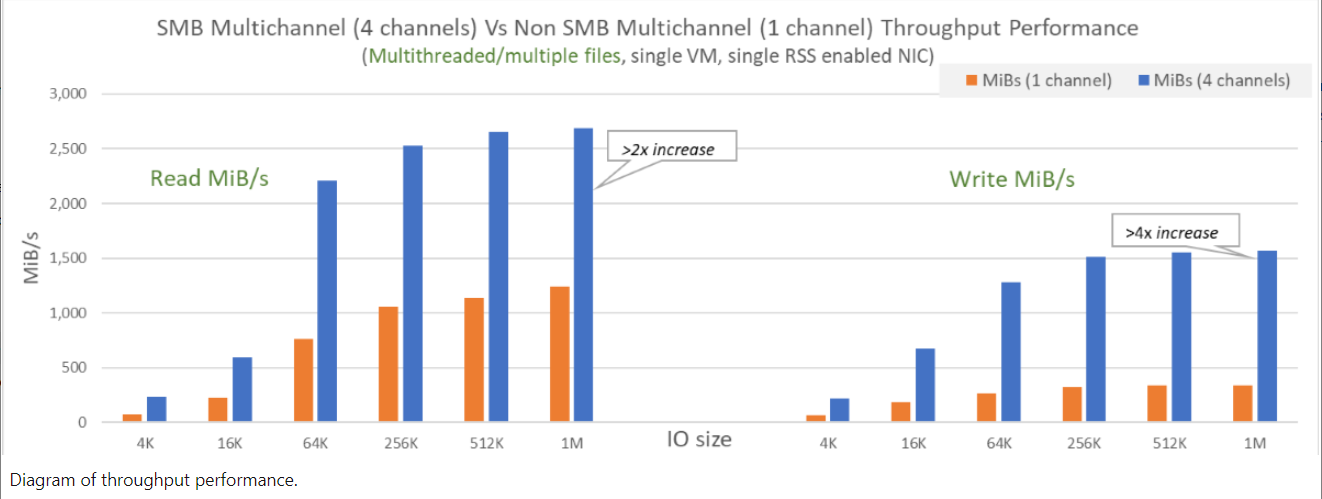@Viktor Backan Welcome to Microsoft Q&A Forum, Thank you for posting your query here!
You are using Azure speed test tool to check the speed: https://www.azurespeed.com/Azure/Download am I correct ?
How are you trying to upload(Portal, CLI, Powershell, REST API, Code? Also from on-prem- or AzureVM)?
There is no throttling on the Azure side, refer to below article. If the network and client machine can handle the traffic then we will send it.
Here's a guide for troubleshooting high E2E latency: https://learn.microsoft.com/en-us/azure/storage/common/storage-monitoring-diagnosing-troubleshooting#metrics-show-high-AverageE2ELatency-and-low-AverageServerLatency
Performance tuning for file servers
Can you download PerfInsights tool, for Performance data collection Windows
Using PerfInsights:
- Execute PerfInsights using the Azure Files scenario: PerfInsights.exe /r azurefiles /sr 9971**9
- Select Y to agree to share diagnostic information
- Select Y to agree PerfInsights EULA.
- Reproduce the performance issue or make sure that it's occurring.
- When enough data is collected , press any key to stop diagnostic data collection.
- Retrieve the compressed file created under the current folder with format similar to "CollectedData_YYYY-MM-DD_HH-MM-FFF.zip"
You might see slow performance when you try to transfer files to the Azure File service.
If you don't have a specific minimum I/O size requirement, we recommend that you use 1 MiB as the I/O size for optimal performance.
If you know the final size of a file that you are extending with writes, and your software doesn't have compatibility problems when the unwritten tail on the file contains zeros, then set the file size in advance instead of making every write an extending write.
This article lists some common problems related to Azure file shares. It provides potential causes and workarounds for when you encounter these problems.
For testing purpose can you use Azcopy tools and check the speed and let me know the status. For transferring Files I would recommend to use AzCopy and File Storage for any transfer files(upload and download). In Azcopy throughput from a single instance will scale at least 20Gbps
Additional information: Sometimes your proxies/VMs or whatever runs in the same datacenter, network requests does not leave the local network and the speed then depends on the infrastructure. (routers, firewalls, cables, etc). I'm sure they won't limit speed between their own infrastructure so services hosted on the same network works at full speed.
Note: Windows OS/Windows Explorer is configured by default, it uses a 4K block size that will produce slower speeds for SMB compared to AzCopy/Storage Explorer which uses REST API.

Please let us know if you have any further queries. I’m happy to assist you further.
----------
Please do not forget to  and
and  wherever the information provided helps you, this can be beneficial to other community members.
wherever the information provided helps you, this can be beneficial to other community members.


